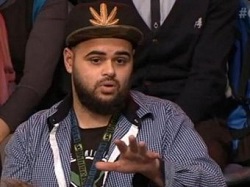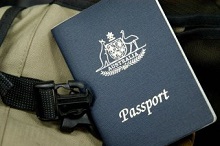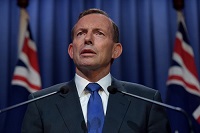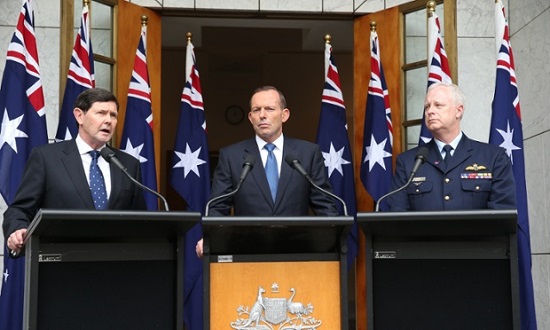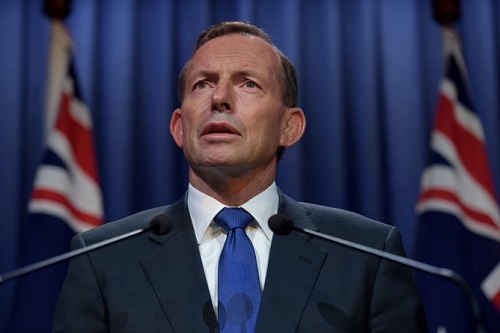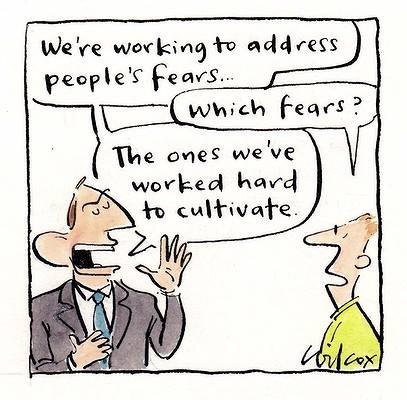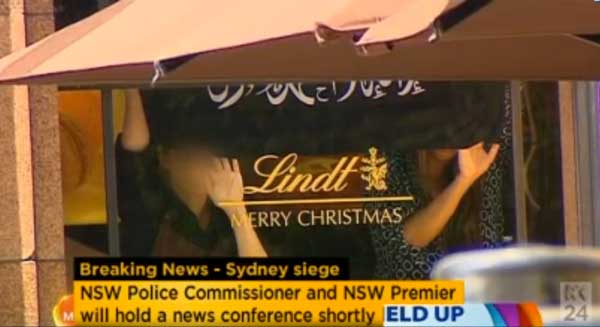
An open thread where, at your leisure, you can discuss anything you like, well, within reason and the Comments Policy. Include here news and views, plus any notable personal experiences from the week and the weekend.
For climate topics please use the most recent Climate clippings.
The gentleman in the image is Voltaire, who for a time graced the court of Frederick II of Prussia, known as Frederick the Great. King Fred loved to talk about the universe and everything at the end of a day’s work. He also used the salons of Berlin to get feedback in the development of public policy.
Fred would only talk in French; he regarded German as barbaric. Here we’ll use English.
The thread will be a stoush-free zone. The Comments Policy says:
The aim [of this site] is to provide a venue for people to contribute and to engage in a civil and respectful manner.
Here are a few bits and pieces that came to my attention last week.
1. Cutting funds to assist the homeless
Groups that provide aid to homeless people are set to start making thousands of their staff redundant from next month due to uncertainty over federal funding.
The National Partnership Agreement on Homelessness, a funding agreement between the states and territories and the federal government, is set to expire on 30 June, with no assurance from Canberra that the arrangement will continue.
Homelessness agencies have warned that dozens of programs will be axed if the $115m in federal funding ceases, potentially putting the lives of rough sleepers and women fleeing domestic violence at risk.
Canberra public servants can’t even to provide a date for a decision on the funding arrangements.
More than 3,000 staff, who provide support for more than 80,000 homeless people, will be affected. Redundancy notices will start to flow from the end of March.
2. Cutting research infrastructure funding
Above we saw that the Government has no heart. It also has no brains. Christopher Pyne in an indescribably venal move has tied research infrastructure funding to the passage of his higher education reforms.
For reasons that are unclear, the government has singled out the research infrastructure part of the annual A$9 billion science and research budget and is threatening to kill it for the sake of the A$150 million earmarked to keep the infrastructure afloat.
Without looking at the cutting-edge science that the facilities produce, the research facilities support just about every sector of the Australian economy from agriculture, to mining to drug design and medical research.
There are more than 35,000 researchers who use our major research facilities, and these will be progressively locked out as the facilities go off-line. More than 1,700 skilled scientific and support jobs are under threat if the facilities are mothballed. Even now we are seeing the signs of losing the corporate knowledge and erosion of the skilled professional workforce as staff seek more secure career opportunities.
And perhaps worst of all is the sheer waste of more than A$3 billion in capital investment as well as the hard work that has gone into building up new capacity over decades.
Some innovative companies will take their research overseas.
The universities are on their knees begging. Adam Bandt has called it “parliamentary blackmail”. It’s beyond stupid. Words fail!
3. GP Co-payment is ‘dead, buried and cremated’
That’s what Abbott assured us this week. Medicare is still unsustainable, according to the Government, though this is questioned by experts.
Health Minister Sussan Ley says the Government still wants people who can afford to contribute to the cost of their healthcare to do so. Presumably this would mean a rebate indexed according to affordability. Is this practical?
The Government will continue its pause on indexation of Medicare rebates, for GP and non-GP items. This must be wearing thin with doctors. It started with Labor in 2013 and there is no indexation for inflation.
So far bulk billing rates have held up pretty well.
The Minister says she is consulting. There’s also plenty to read at The Conversation on sustainable health spending and Medicare reform generally.
4. Soldiers get 2 per cent pay rise
In another exercise in barnacle scraping, the Government relented partially on defence force pay at a cost of $200 billion over the forward estimates. Jacqui Lambie says they’ve still been dudded by one per cent, it’s still an insult and she is considering her embargo on supporting government legislation.
5. 300 more Australian troops to be sent to Iraq
Australia is to send about 300 more troops to Iraq, to help train the Iraqi army in its fight against Daesh, also known as Islamic State.
Mr Abbott says the contribution is prudent and proportionate and it’s in Australia’s national interest to stop the militant group from inspiring supporters around the world.
The new deployment was quickly supported by Labor, but opposed by the Greens and the Independent MP Andrew Wilkie.
Abbott was boasting that he sweats with the troops. He tries to have physical training with them when he is on their bases. He’s certainly pushing the national security issue hard.
Like Wilkie, Bernard Keane at Crikey doesn’t agree with the deployment. He says we are doing what ISIS wants us to do, we are endangering our home security, and in any case the Iraqi armed forces don’t do fighting, they do torturing, murdering and raping Sunni prisoners.
I wonder how much this exercise will cost!



